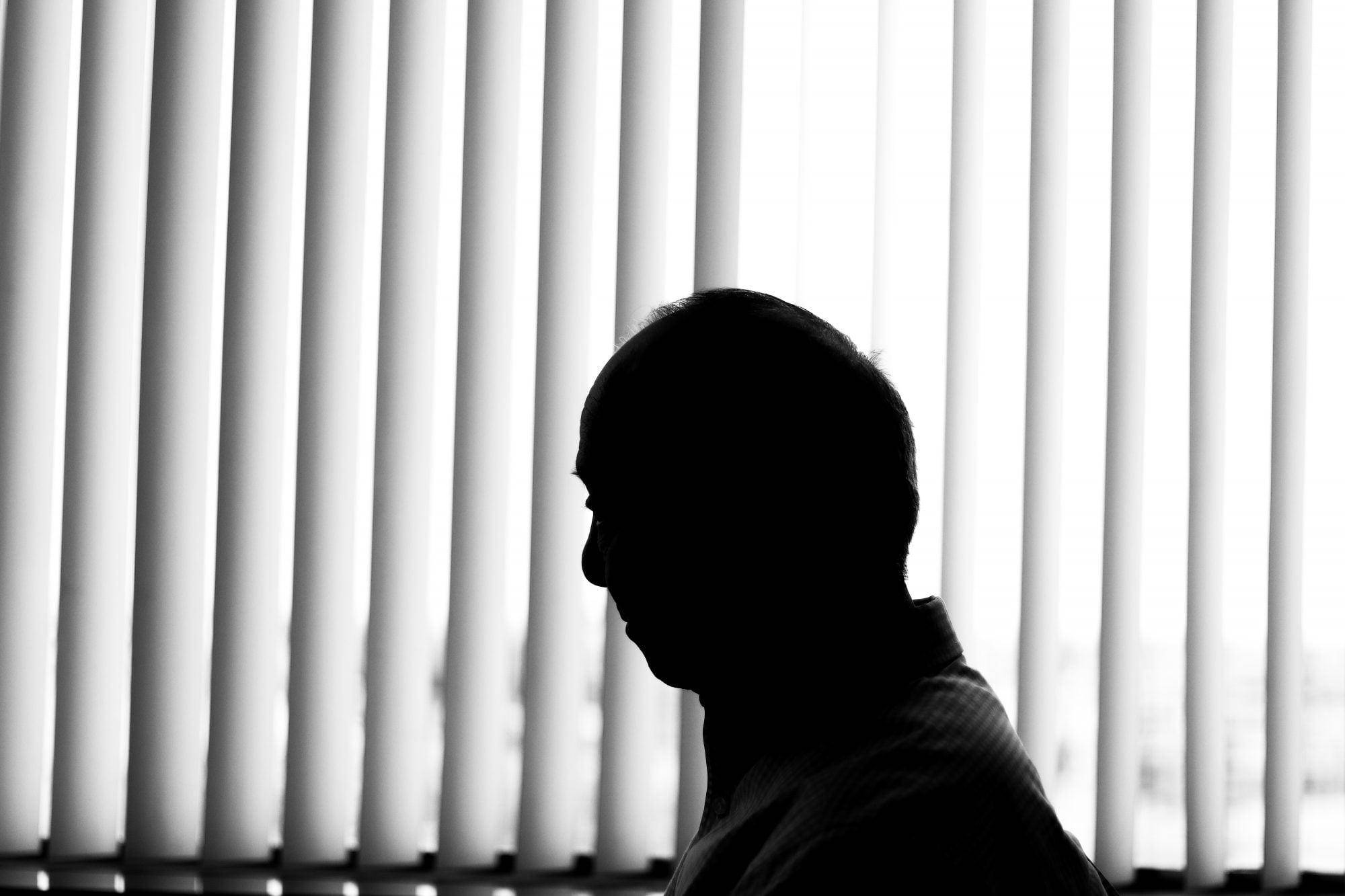The Hidden Danger of Social Isolation: Unraveling Its Harmful Effects
Imagine yourself as a castaway, stranded on an uninhabited island. The initial tranquility turns into a deafening silence, and the isolation starts to gnaw at your sanity. Suddenly, the metaphorical island doesn’t seem too far from reality, does it? This is the stark picture of social isolation, a growing issue in our global society that we often overlook. But let’s delve deeper and shed light on the harmful effects of social isolation.
The Silent Killer: Physical Health Consequences
Social isolation can be a silent assassin, subtly impacting our physical health. It’s like a slow-acting poison, whose effects aren’t immediate but gradually become evident. Studies have shown that prolonged isolation can increase the risk of heart disease and stroke–similar to smoking, high blood pressure, and obesity. It’s startling, isn’t it?
The reason lies in our biological wiring. As social creatures, humans thrive on interaction. When this interaction is deprived, our bodies react by elevating stress hormones like cortisol, leading to inflammation and other health issues. The result? An increased risk of chronic diseases.
Furthermore, isolation can lead to a sedentary lifestyle–akin to being glued to your couch, binge-watching TV shows. Lack of physical activity further triggers a domino effect of health problems, including obesity, diabetes, and cardiovascular diseases.
The Unseen Wound: Psychological Impact
If the physical consequences weren’t alarming enough, let’s step into the shadowy terrain of psychological effects. Ever felt the pang of loneliness gnawing at your happiness? Now, imagine that feeling amplified over time.
Social isolation can lead to serious mental health issues, much like a silent river eroding the mental landscape. It’s been linked to an increased risk of depression, anxiety, and suicide. The reason is simple yet profound: we seek validation, empathy, and connection from our social interactions.
When these are cut off, individuals can feel trapped in their thoughts, spiraling into negative mental health outcomes. It’s a vicious cycle: isolation leads to mental health issues, which further isolates the individual–a bleak loop that’s hard to break.
The Butterfly Effect: Social Consequences
The effects of social isolation ripple outward, affecting not just the individual but also society at large. Picture a puzzle with missing pieces–the image is incomplete, isn’t it? Similarly, when individuals withdraw, the social fabric weakens.
The consequences are multifold. Isolated individuals may struggle to form and maintain relationships, leading to a breakdown in social cohesion. They may also become less empathetic to others’ needs, leading to a decline in community spirit. This disconnection can exacerbate societal issues such as crime, prejudice, and discrimination.
Final Thoughts: A Call to Action
Social isolation is more than just a personal issue–it’s a societal problem that calls for collective action. The harmful effects on physical health, mental health, and our social fabric are undeniable. Just like a lone wolf struggles to survive, isolated humans find it challenging to thrive.
It’s crucial to recognize and address this issue, not just for our sake but for the well-being of our global society. We need to step off our metaphorical islands and bridge the gap of isolation. After all, aren’t we all interconnected in this vast web of humanity?



